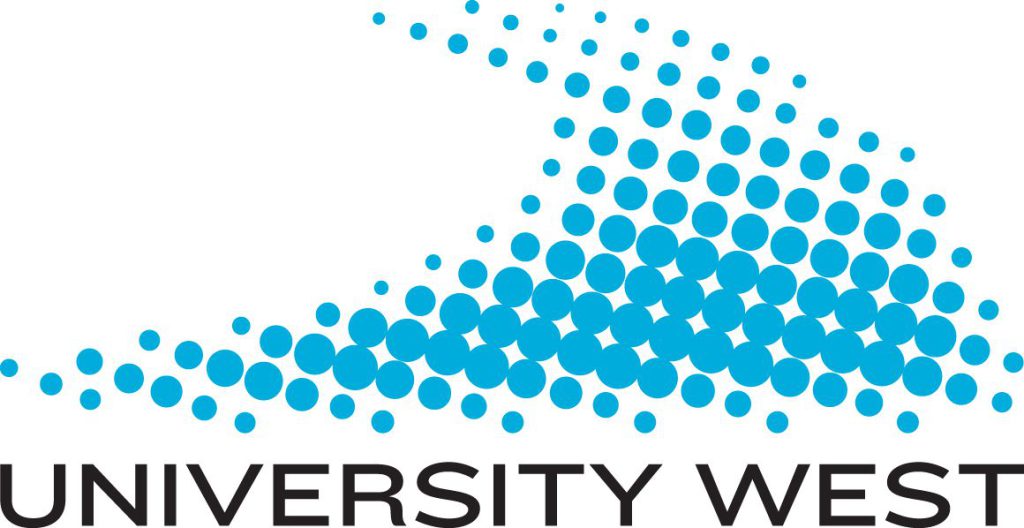‘Anything Goes’ with Work-Integrated Learning?
‘Anything goes’, the central slogan of the Austrian philosopher Paul Feyerabend’s epistemological anarchism, is perhaps the most notorious phrase in 20th-century philosophy of science. Since it first appeared in 1970, it has provoked a largely critical response. Influential commentators have called Feyerabend’s view ‘inapplicable’ (Agassi[AHB(1] , 2014), ‘nonsensical’ (Nagel, 1977[AHB(2] ), ‘difficult to take seriously’ (Worrall, 1978[AHB(3] ), and even ‘completely absurd’ (Bernstein, 2011[AHB(4] ).
Recently, however, more charitable commentators have argued that ‘anything goes’ does not represent Feyerabend’s view but was the conclusion of a reductio ad absurdum. Hence, the absurdity of ‘anything goes’ should perhaps not be attributed to Feyerabend’s own position, but should instead be interpreted as a consequence of Feyerabend’s principles of tenacity and proliferation, or as an unrestrained ‘methodological opportunism’.
As Feyerabend (1970[AHB(5] ) wrote in “Experts in a Free Society”, scientists do not follow unique methods that are preferable to those of other professions and they do not have ‘expert’ knowledge that should be privileged over, say, the knowledge of craftsmen or artisans for that matter. Instead, great scientists (e.g., Galileo, Kepler, Newton) have, Feyerabend argues, intuitively adopted a methodological opportunism or anarchism that proves to have a chance of succeeding over time.
This kind of argumentation reinforces a pluralistic worldview that advocates a sense of epistemological and methodological inclusiveness in science. But not even a pluralistic view, I argue, is unlimited in how expansive and inclusive it can be without losing touch with its core and thus become a case of knowledge relativism.
Especially with Work-Integrated Learning (WIL), the plurality of what WIL is, provides a rather grand narrative of multiple meanings such as: WIL being a phenomenon of research, WIL being a pedagogical philosophy, WIL being a methodology, WIL being an academic research field, WIL being a domain of workplace learning and learning at work, WIL being an umbrella term for strategies that aim to bridge the gap between theory and practice, WIL being a ‘specialization’ that is attached to doing a PhD in an established research field (e.g., Educational Science, Information Systems), and perhaps more.
As such, it is tempting to ask if ‘anything goes’ with WIL?
Amir Haj-Bolouri
PhD and Associate Professor of Information Systems
University West
[AHB(1]J. Agassi
Popper and his popular Critics: Thomas Kuhn, Paul Feyerabend and imre Lakatos
Springer Publishing, New York City (2014
[AHB(2]E. Nagel
Against method review
The American Political Science Review (1977), pp. 1132-1134
[AHB(3]J. Worrall
Against too much method
Erkenntnis (1978), pp. 279-295
[AHB(4]R. Bernstein
Beyond objectivism and Relativism: Science, hermeneutics, and praxis
University of Pennsylvania Press, Philadelphia (2011)
[AHB(5]P. Feyerabend
Experts in a free society
The Critic, 29 (2) (1970), pp. 58-69

